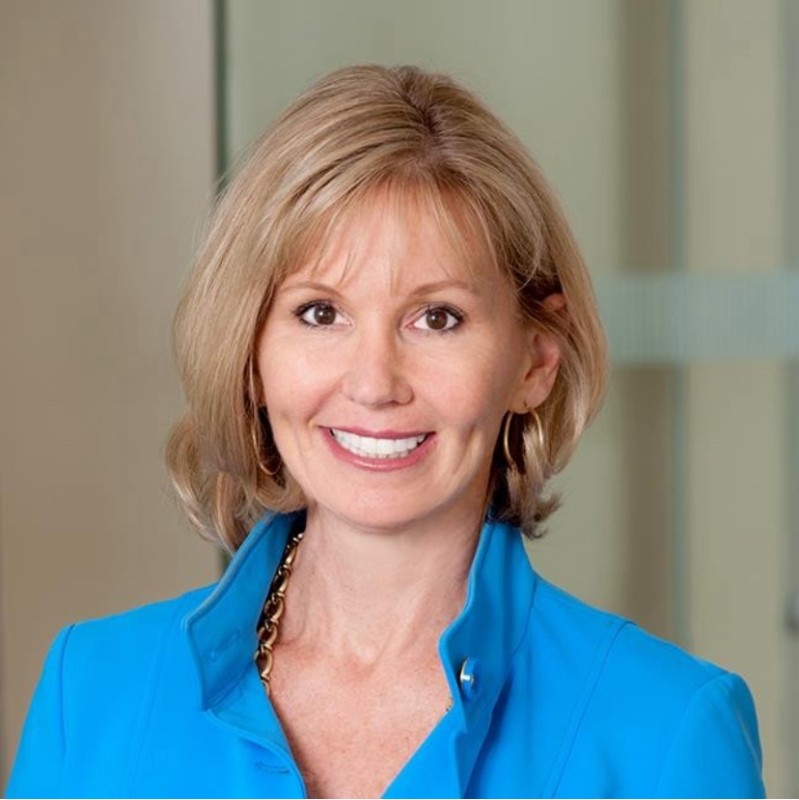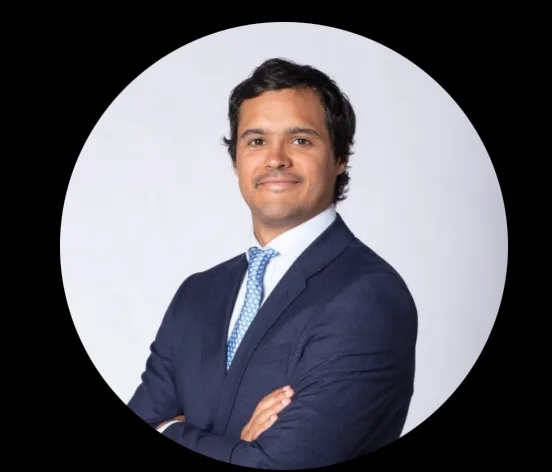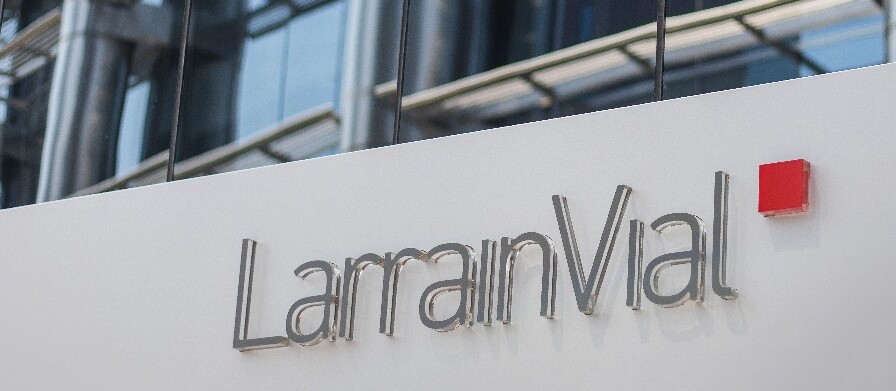U.S.: Small and Micro 401(k) Plans Could Grow by 40% by 2029

The small and micro 401(k) plan segments are poised for rapid expansion in the coming years, driven by SECURE 2.0 incentives and the implementation of state mandates aimed at increasing the number of individuals covered by some form of retirement savings vehicle.
More than one million 401(k) plans are expected by the end of the decade, representing a 36% increase over the next five years, according to the latest edition of Cerulli Edge—U.S. Retirement Edition, a report by international consulting firm Cerulli.
The number of 401(k) plans has grown significantly in recent years. According to Cerulli, approximately 150,000 new 401(k) plans were added between 2018 and 2023, with nearly two-thirds of them launched in 2021 and 2023. Much of this growth is driven by employers initiating new plans. By 2029, the firm estimates that 92% of all 401(k) plans will fall into the micro-plan segment—an increase of nearly 40% compared to 2022.
Recordkeepers looking to capitalize on this growth in micro plans will need to adapt to the challenges of targeting small businesses and align with the needs of plan sponsors in this segment, the report warns.
“Micro-plan sponsors are more cost-sensitive than large employers and place greater importance on brand recognition. Retirement income options and financial wellness offerings are lower priorities when selecting a recordkeeper,” noted Chris Bailey, Director of Retirement at Cerulli.
Digital recordkeepers have also established a competitive position in the small and micro plan markets. These providers bring a tech-driven mindset to the retirement market, offering newer and more efficient administration platforms.
Their competitive positioning aligns with the top priorities of plan sponsors in this segment: cost, ease of implementation, and simplified administration. This alternative operating model—coupled with a clear understanding of their target market’s needs—has positioned them to challenge incumbents and startups alike in the micro-plan space.
Wealth advisors are also expected to play a more prominent role in the micro market, as their home offices increasingly encourage them to pursue retirement plans as a means of growing their wealth management practices.
Some recordkeepers with a long-term commitment to this segment already have the capabilities needed to harness growth generated by wealth advisors.
“Recordkeepers who want to attract these advisors and succeed in the micro-plan market should, if they haven’t already, invest in resources that lower barriers for wealth advisors,” Bailey stated.
“Given the sheer number of wealth advisors, firms will need to develop scalable sales and administrative solutions designed to support advisors with limited retirement plan experience,” he added.
Looking ahead, the distribution and competitive dynamics of the micro market are expected to shift significantly over the next five to ten years.
“Recordkeepers that want to compete in the micro market should consider investing in small business databases to identify, prioritize, and target employers that don’t yet have a retirement plan—if they aren’t already doing so,” said Bailey.
Cerulli’s expert concluded, “These data resources can also power prospecting tools for advisors: investing in support for wealth advisors seeking to enter the defined contribution space will help position the recordkeeper as the advisor’s ‘preferred choice’ for micro plans.”








